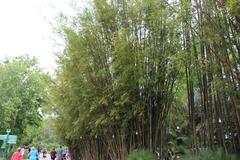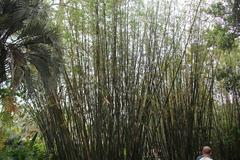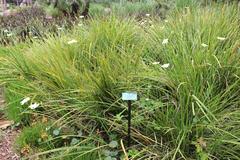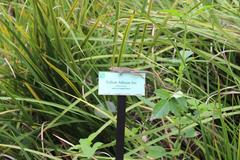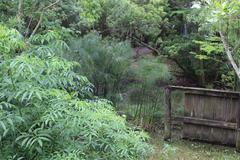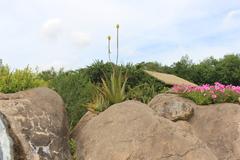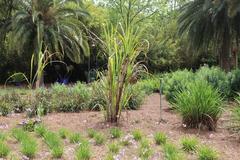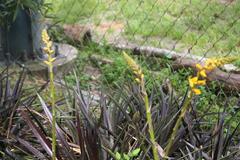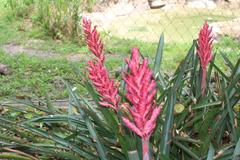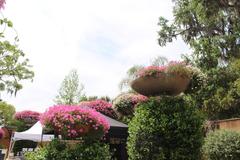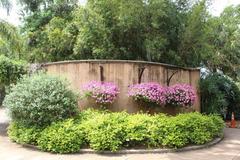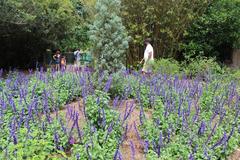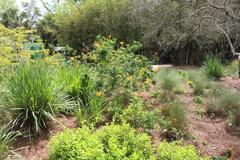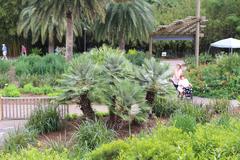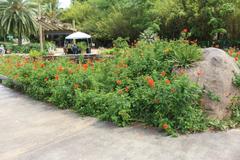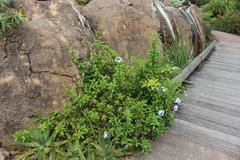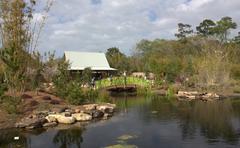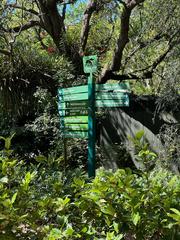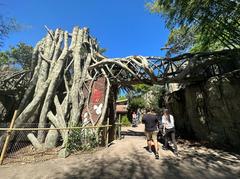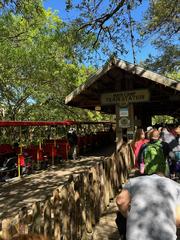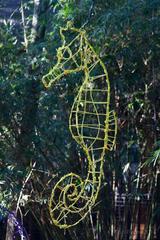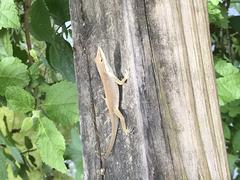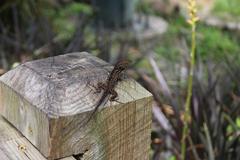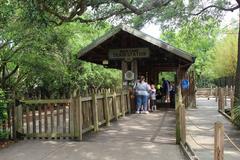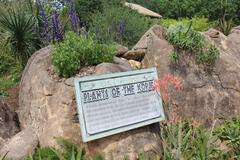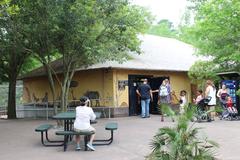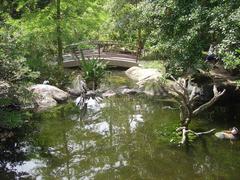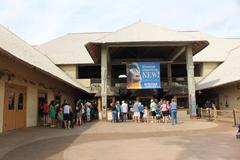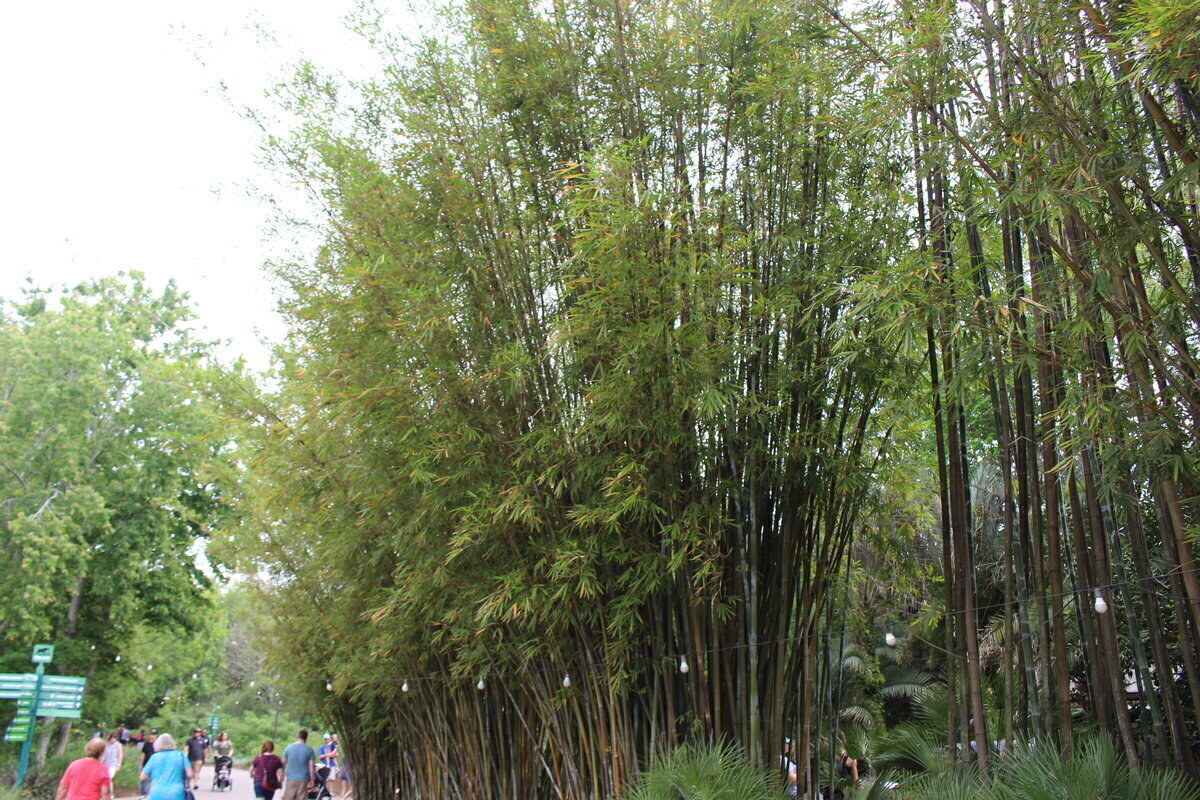
Jacksonville Zoo and Gardens Visiting Hours, Tickets, and Guide
Date: 17/07/2024
Introduction
Welcome to the Jacksonville Zoo and Gardens, a premier attraction in Jacksonville, Florida, that seamlessly blends wildlife conservation with botanical beauty. Established in 1914, the zoo has evolved into a significant cultural and educational institution, attracting over one million visitors annually. From its humble beginnings with a single red deer fawn in Springfield Park, the zoo has expanded its collection to over 2,000 animals and 1,000 plant species, making it one of the most diverse zoological parks in the southeastern United States (Jacksonville Zoo and Gardens).
The Jacksonville Zoo and Gardens is not just a place to observe animals; it is a hub for conservation, education, and community engagement. The zoo actively participates in Species Survival Plan (SSP) programs, contributing to the global effort to preserve endangered species like the Sumatran tiger and the African penguin (Jacksonville Zoo Conservation). Additionally, the zoo’s educational programs, from school field trips to summer camps, are designed to inspire a deeper understanding of the natural world (Jacksonville Zoo Education).
This guide aims to provide you with all the essential information needed to plan your visit, including historical context, visitor tips, and an overview of the zoo’s significant contributions to conservation and education. Whether you’re a local resident or a tourist, the Jacksonville Zoo and Gardens offers an enriching experience that combines fun and learning in a beautiful, natural setting.
Table of Contents
- Introduction
- History of Jacksonville Zoo and Gardens
- Visitor Information
- Significance in Conservation
- Educational Impact
- Visitor Experience
- Future Plans
- Conclusion
- Sources
History of Jacksonville Zoo and Gardens
Early Beginnings
The Jacksonville Zoo and Gardens began as a small menagerie in Springfield Park in 1914, featuring a single red deer fawn. By 1925, the zoo had relocated to its current location on the Trout River to accommodate a growing collection of animals and increasing visitors (Jacksonville Zoo and Gardens).
Expansion and Development
Throughout the 20th century, the zoo underwent significant expansions. In the 1950s, new exhibits like a reptile house and a children’s zoo were introduced. By the 1970s, the zoo had established itself as a major attraction in Jacksonville.
The 1990s Transformation
In 1992, the zoo embarked on a comprehensive master plan aimed at revitalizing its exhibits and infrastructure. Notable projects included the Range of the Jaguar exhibit, which opened in 2004 and won the prestigious AZA Exhibit Award (AZA).
Recent Developments
In recent years, the zoo has focused on conservation, education, and sustainability. The African Forest exhibit opened in 2017, providing dynamic habitats for gorillas, bonobos, and other African species. The zoo has also implemented green initiatives like solar panels and water conservation measures (Jacksonville Zoo and Gardens).
Visitor Information
Visiting Hours and Tickets
The Jacksonville Zoo and Gardens is open daily from 9 AM to 5 PM. Ticket prices are:
- Adults (ages 13-64): $24.95
- Children (ages 3-12): $19.95
- Seniors (ages 65+): $22.95
- Children under 3: Free
Travel Tips
- Arrive early to avoid crowds.
- Wear comfortable walking shoes.
- Bring sunscreen and water, especially in the summer months.
- Check the zoo’s official website for any special events or temporary exhibit closures.
Nearby Attractions
- Jacksonville Arboretum & Gardens
- Cummer Museum of Art and Gardens
- Riverside Arts Market
Accessibility
The zoo is wheelchair accessible, and wheelchairs are available for rent at the main entrance. Service animals are welcome.
Special Events and Guided Tours
The Jacksonville Zoo hosts various special events throughout the year, including Zoo Lights during the holiday season and the Brew at the Zoo event. Guided tours are available and can be booked in advance through the zoo’s website.
Photographic Spots
Some of the best photo opportunities include the Range of the Jaguar exhibit, the Land of the Tiger, and the beautifully landscaped gardens.
Significance in Conservation
The zoo plays a crucial role in global conservation efforts. As an accredited member of the Association of Zoos and Aquariums (AZA), it participates in Species Survival Plans (SSPs) designed to manage and conserve endangered species. The zoo’s commitment to conservation is demonstrated through its involvement in field projects worldwide (AZA).
Educational Impact
Education is a core component of the zoo’s mission. The zoo offers a wide range of educational programs, including guided tours, interactive exhibits, and hands-on learning experiences. The education department collaborates with local schools and community organizations to promote wildlife conservation and environmental stewardship (Jacksonville Zoo Education).
Visitor Experience
The zoo features a diverse array of exhibits, each meticulously crafted to replicate the animals’ natural habitats. Highlights include the Land of the Tiger, which offers a unique, multi-level viewing experience of Sumatran and Malayan tigers, and the Wild Florida exhibit, showcasing the state’s native wildlife. The zoo also boasts beautifully landscaped gardens, interactive play areas for children, and a variety of dining and shopping options (Jacksonville Zoo and Gardens).
Future Plans
The zoo’s strategic vision includes developing new exhibits, such as an Asian-themed area featuring species from the continent’s diverse ecosystems. The zoo is also committed to advancing its conservation and sustainability initiatives, with goals to increase its use of renewable energy and reduce waste (Jacksonville Zoo and Gardens).
Conclusion
The Jacksonville Zoo and Gardens stands as a testament to the harmonious blend of conservation, education, and recreation. Its rich history, dating back to 1914, reflects a century-long commitment to wildlife preservation and community engagement. The zoo’s diverse array of exhibits, from the immersive Range of the Jaguar to the serene Asian Bamboo Garden, provides visitors with unique opportunities to connect with nature and learn about the importance of conservation (Jacksonville Zoo and Gardens).
Beyond its role as a tourist attraction, the Jacksonville Zoo significantly contributes to global conservation efforts through its Species Survival Plan programs and support for various in-situ projects around the world. Its educational initiatives reach thousands of students annually, fostering a new generation of conservationists and environmental stewards (Jacksonville Zoo Education).
Looking to the future, the zoo’s ambitious plans for expansion and its ongoing commitment to sustainability ensure that it will continue to be a leading institution in wildlife conservation and education. By visiting the Jacksonville Zoo and Gardens, you are not only enjoying a memorable experience but also supporting vital efforts to protect our planet’s biodiversity. Plan your visit today and become part of this incredible journey towards a more sustainable and educated world.
